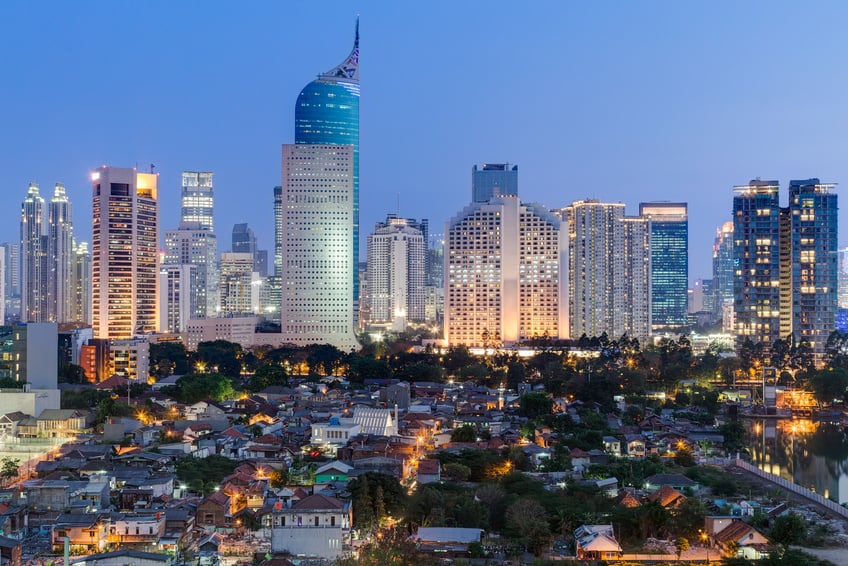In brief
The Constitutional Court recently issued a judgment rejecting a request to include Over the Top (OTT) services under the scope of Law No. 32 of 2002 on Broadcasting as amended by Law No. 11 of 2020 on Job Creation (“Broadcasting Law“). The judgment saves OTT services operators from licensing and censorship requirements under the Broadcasting Law. If the court had granted the request, OTT services operators would have needed to be licensed as broadcasting institutions and be subject to censorship by the movie censorship board. The judgment confirms that OTT services are not subject to the Broadcasting Law and remain subject to Law No 19 of 2016 on Amendment of Law No. 11 of 2008 on Electronic Information and/or Transaction (“EIT Law“).
The Constitutional Court’s judgment is final, binding, and not subject to appeal.
The judgment was rendered following an application for constitutional review of the above provision by two conventional broadcasting operators who perceived that there is unequal treatment against them and OTT service operators.
Court consideration
The court rejected the petition based mainly on two reasons:
1. OTT services have different characters from conventional broadcasting.
The decision stipulates that the scope of the Broadcasting Law does not capture OTT services due to the different character of the conventional broadcasting and broadcasting activities through the internet. In paragraph 3.13.1, the court states that “OTT services in principle have different characters from conventional broadcasting operations.”
2. OTT services are captured by other existing regulations.
The court confirms that there are regulations, i.e., EIT Law and Government Regulation No. 71 of 2019 on the Operation of Electronic Systems and Transactions (“GR 71”) that capture the activity of OTT media and all information circulated over the internet. In paragraph 3.13.2, the court states that “…it does not mean that there is a legal vacuum for OTT services as argued by the Petitioners because the supervision or control over OTT service content transmitted through an electronic system is subject to the provisions of the EIT Law.”
Continuity of OTT services in Indonesia
Given the OTT services will remain subject to the EIT Law, its implementing regulations and other relevant regulations, there is no difference in terms of the business practice for the OTT services providers in Indonesia. Although the MOCI has been granted to impose administrative sanctions for contents published by the OTT services providers, the OTT services providers are not subject to the Broadcasting Law.
This means that the Indonesian Broadcasting Commission’s (Komisi Penyiaran Indonesia) authority does not cover censorship activities on the contents distributed via OTT platforms. However, it does not necessarily mean that OTT service providers are not subject to content moderation. The EIT Law and its implementing regulations require OTT service providers (including foreign OTT service providers that provide their services in Indonesia) to ensure that their electronic systems do not host any unlawful content. As such OTT services providers should carry out internal censorship of the contents in their platforms in order to obey the relevant regulations in Indonesia. Otherwise, OTT services providers may be imposed with administrative sanctions, which could lead to a blocking of access to the platform, or even criminal sanctions in certain cases.
The MOCI issued a regulation in late November 2020, i.e., Regulation No. 5 of 2020 on Private Electronic System Operators, which requires the OTT service providers, including foreign OTT service providers that provide their services in Indonesia, to register with the MOCI and moderate their contents. So while the Broadcasting Law will not apply for OTT service providers, the MOCI, on the other hand, is implementing a new requirement that also targets foreign OTT service providers.
See our client alert through this link for your further reference.
Lastly, as an update, the government intends to revise the existing Broadcasting Law, and there is a possibility that the government will add the OTT related provisions in the upcoming draft of the new Broadcasting Law. To date, the government has not issued any draft of this new regulation, and so for now there are only rumours and no facts.



